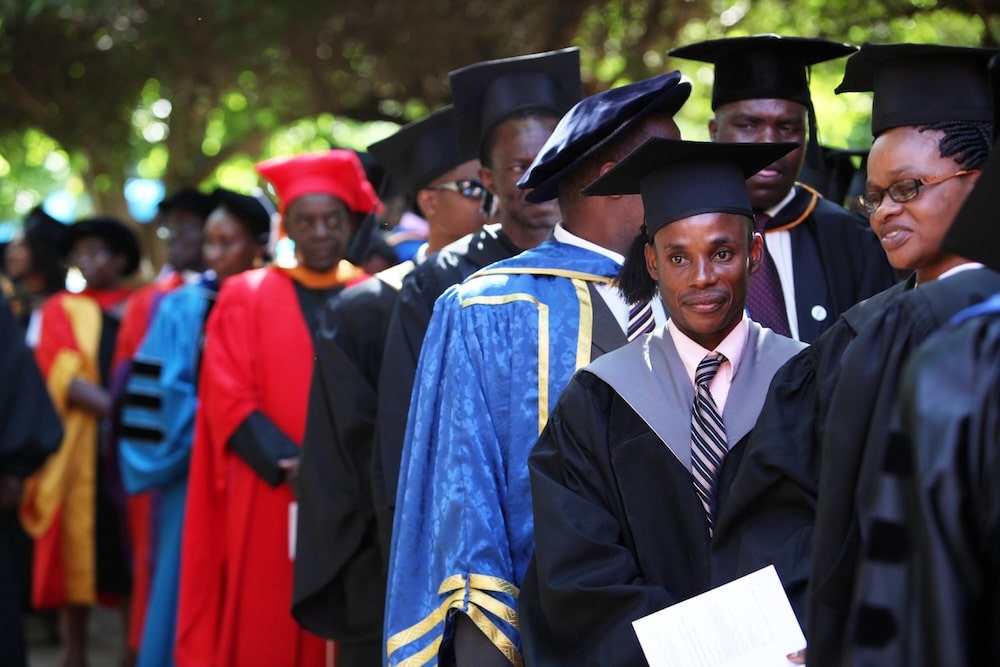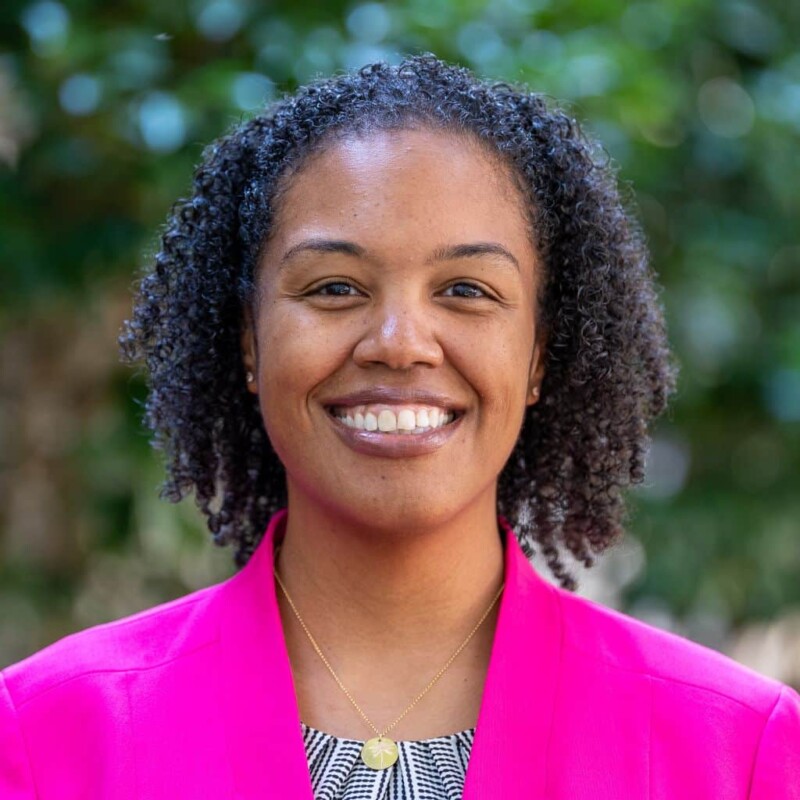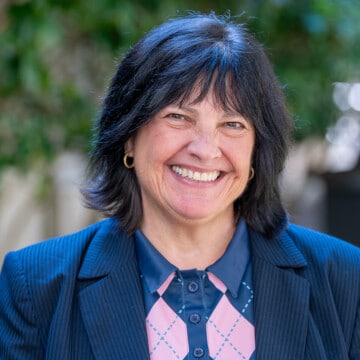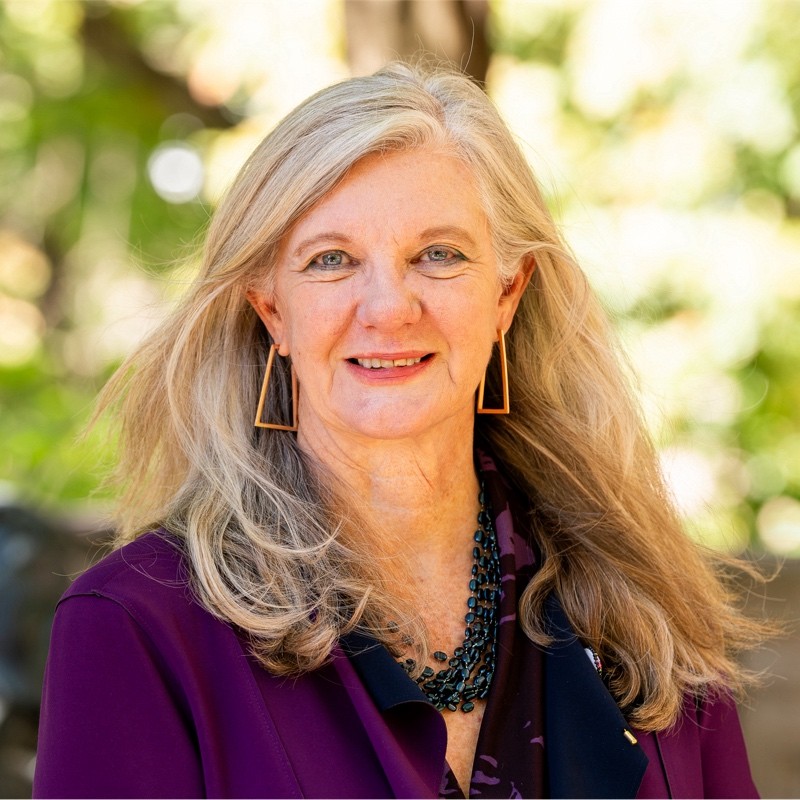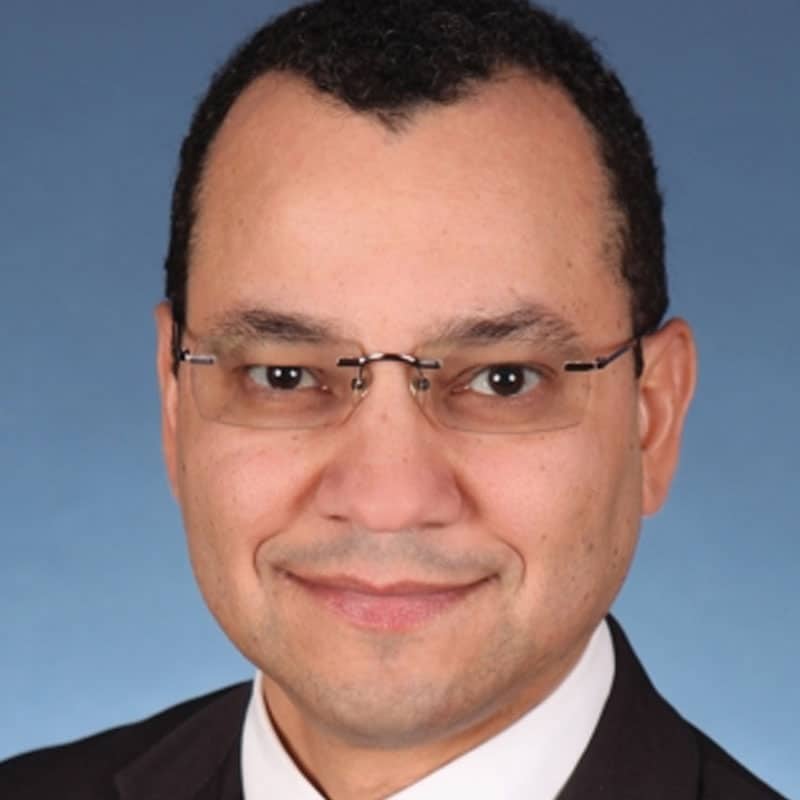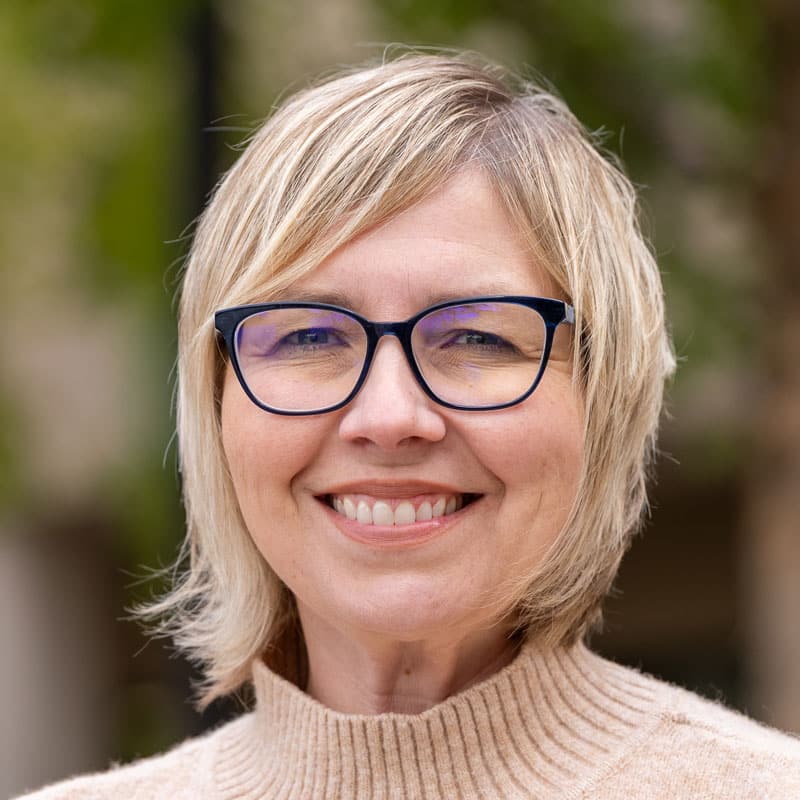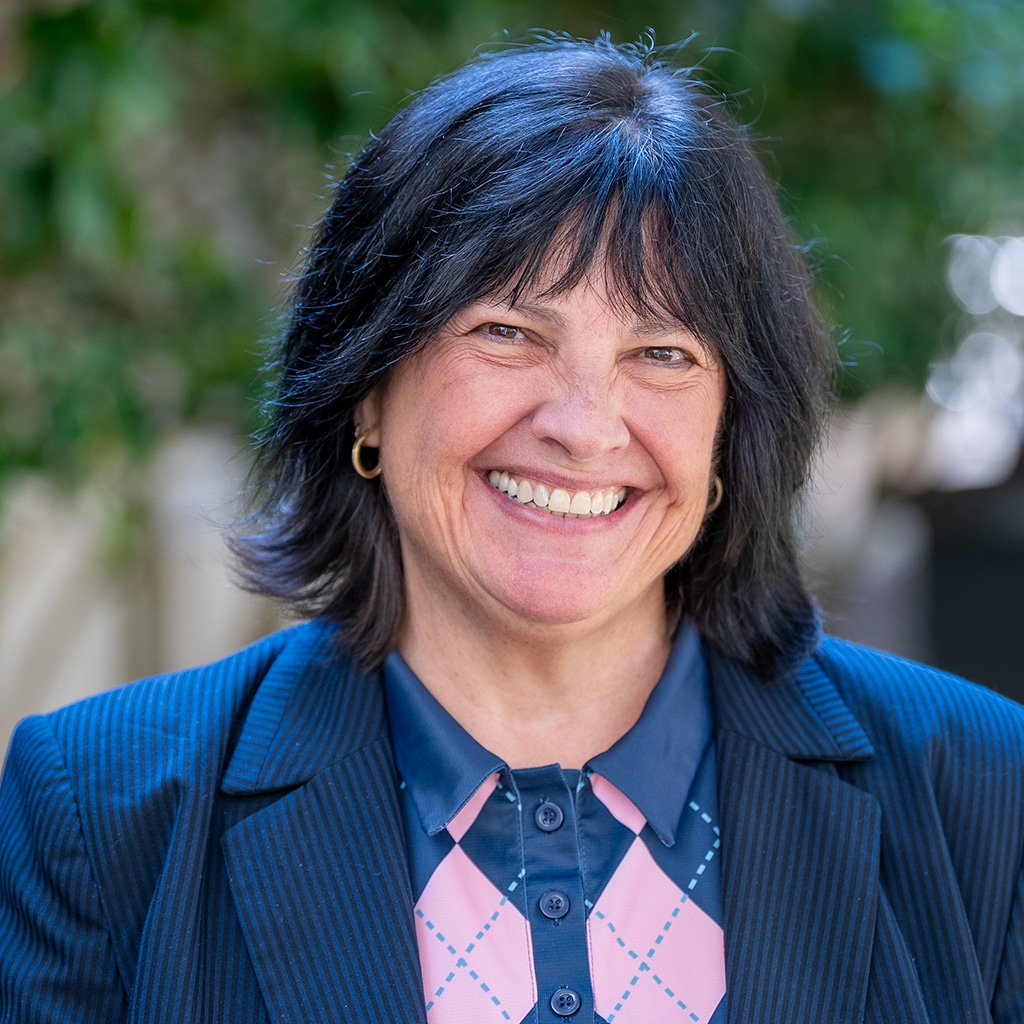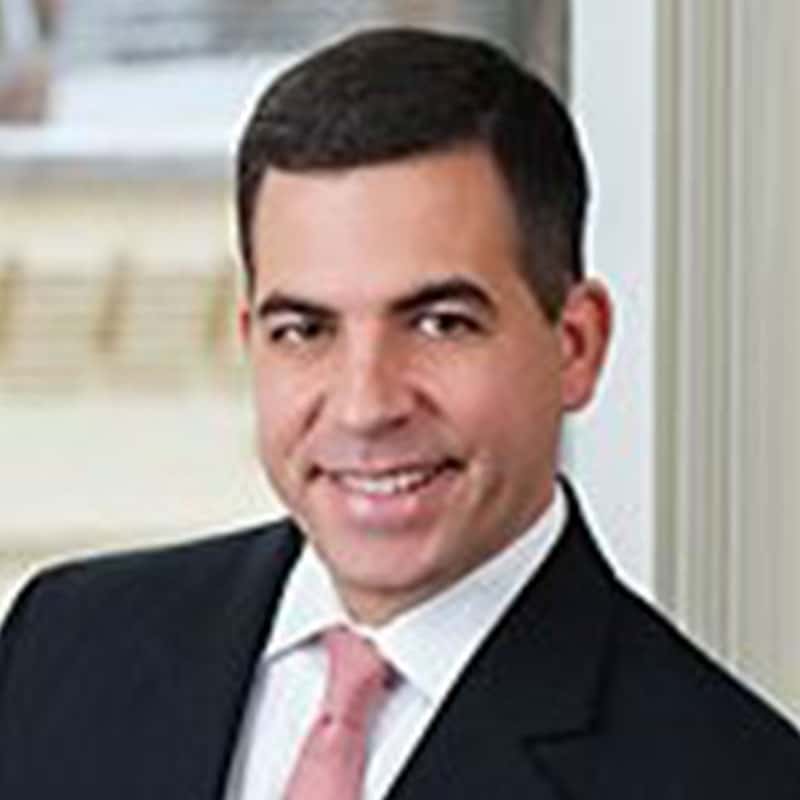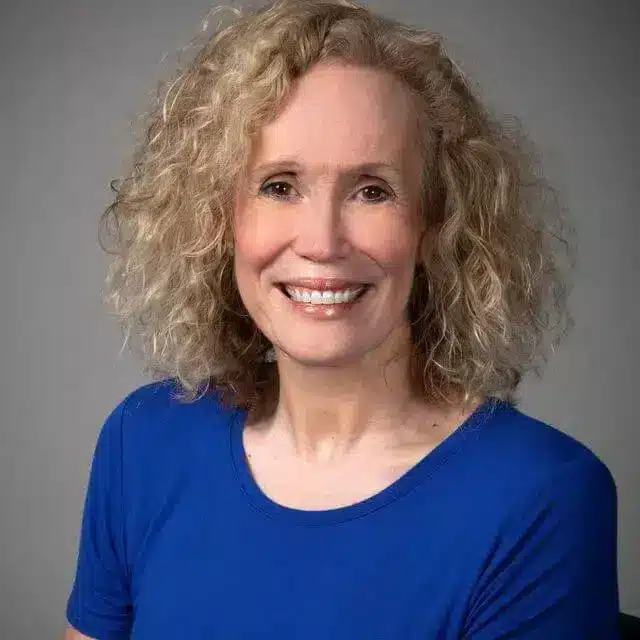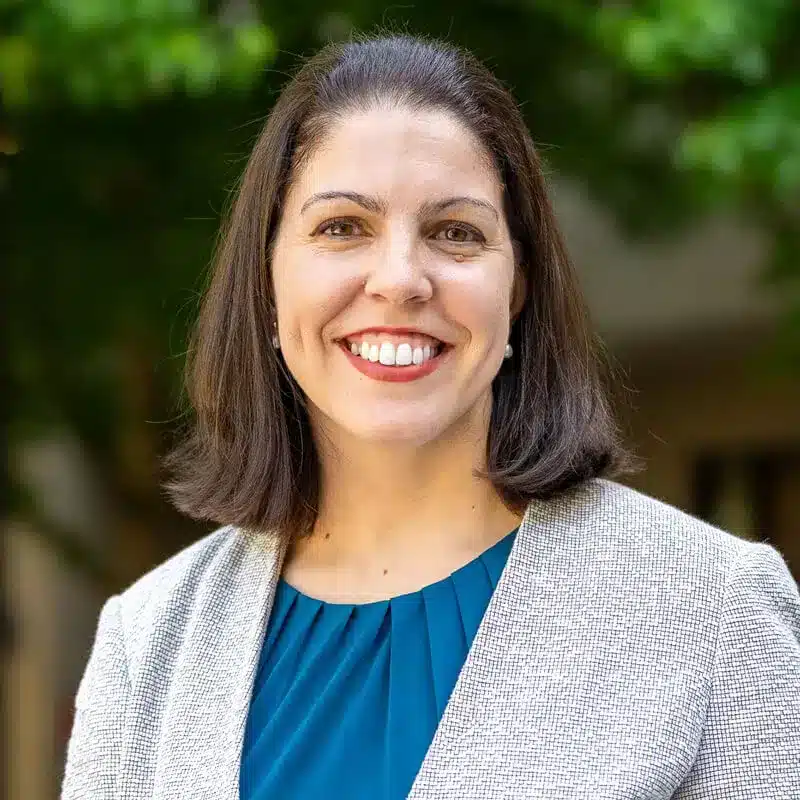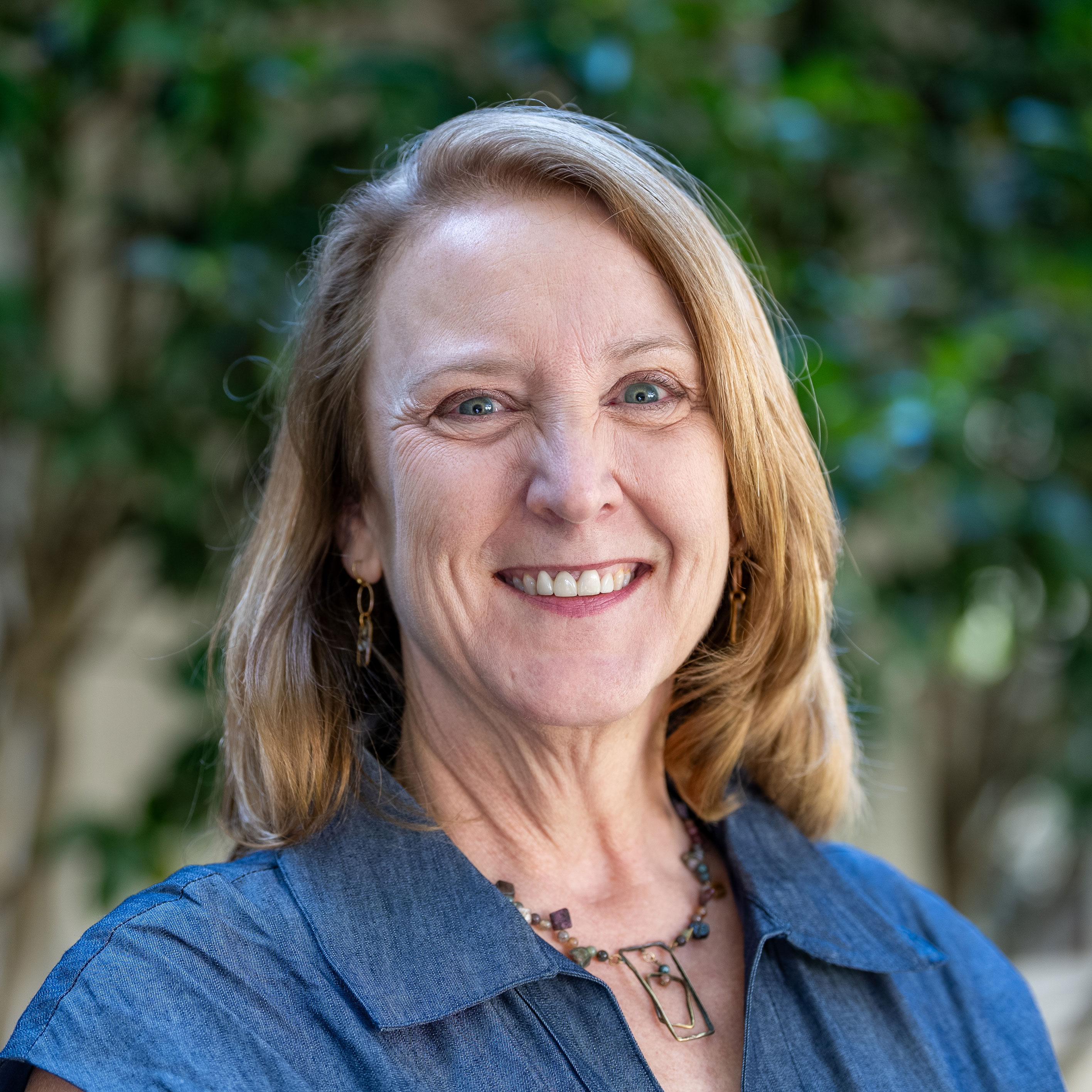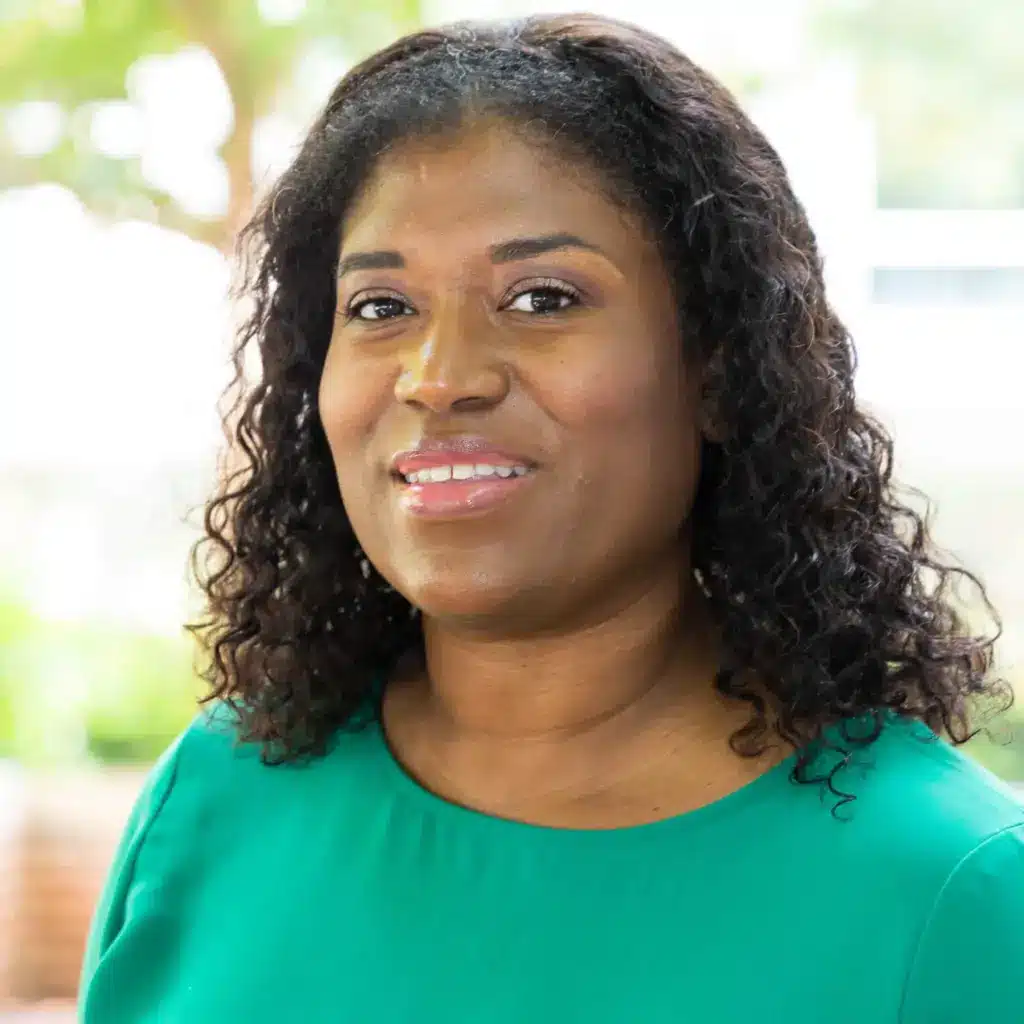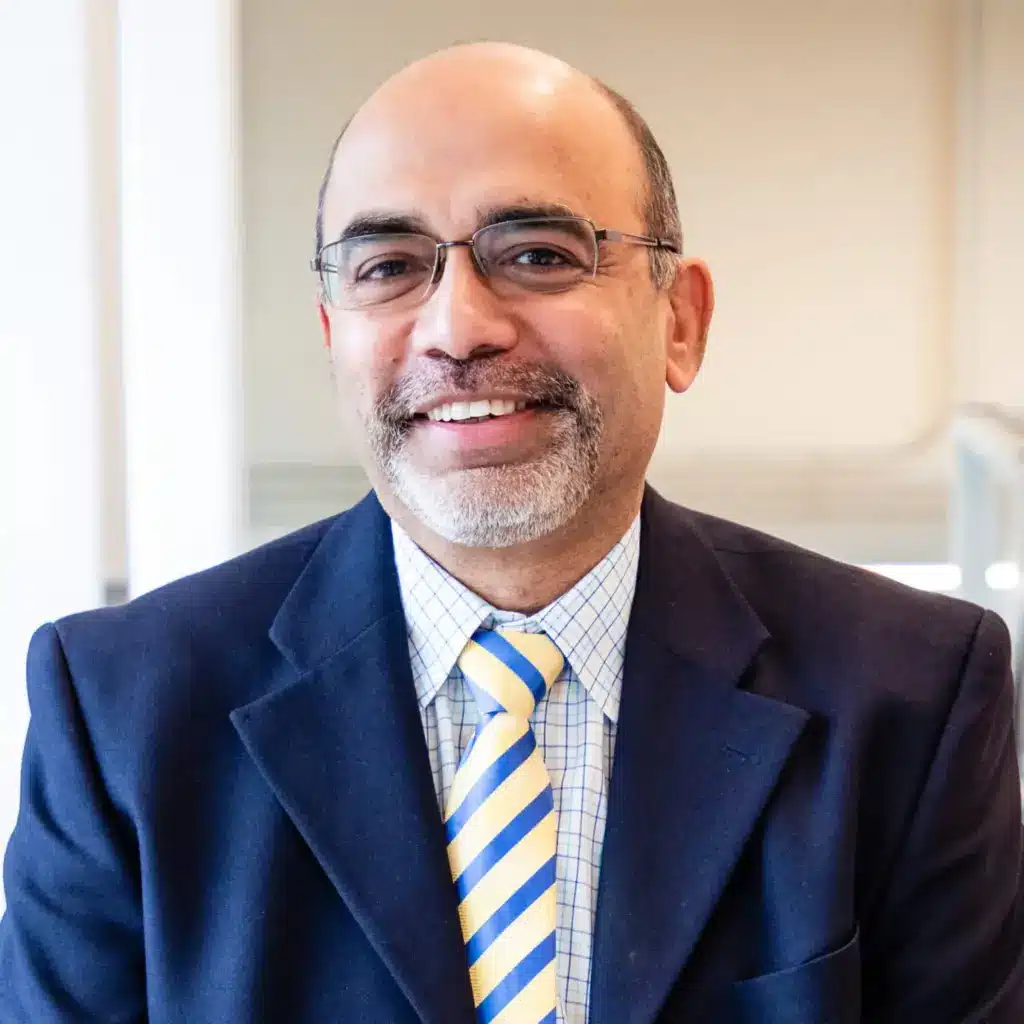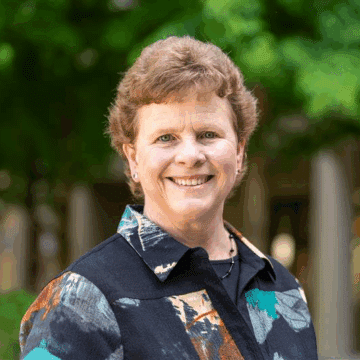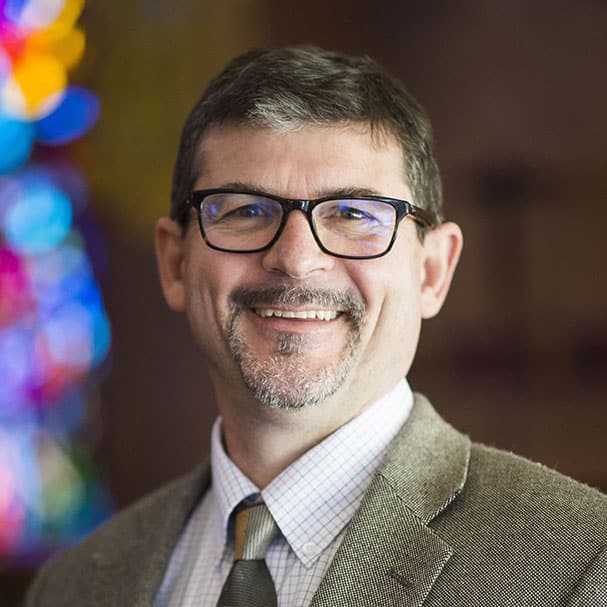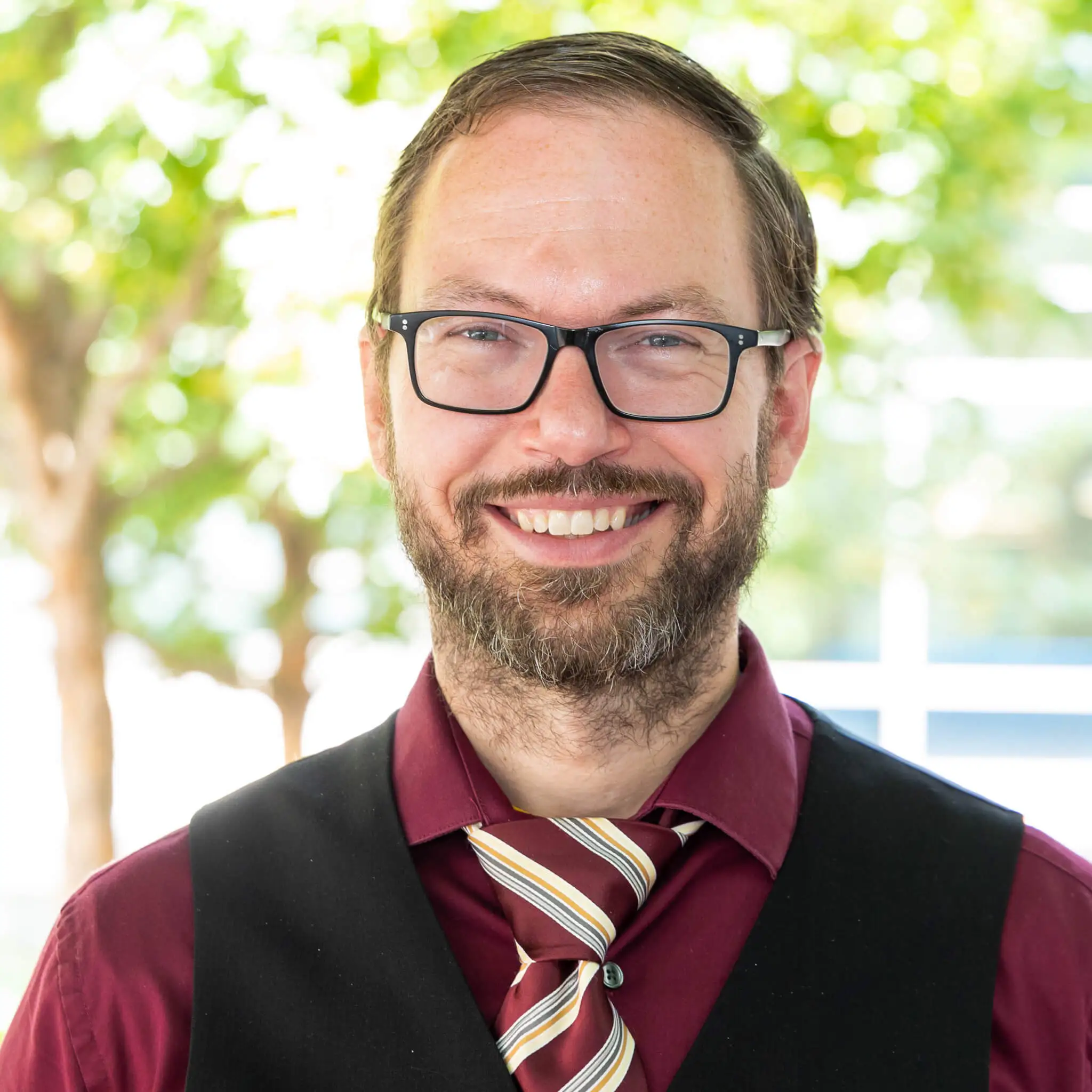Compensation levels vary across regions, with each annual conference determining a minimum salary for clergy under appointment. Factors including work load, experience and family size may be considered, and expenses related to travel and utilities may supplement the base salary. Resources from the National Association of Commissions on Equitable Compensation (NACEC) are available for you to examine.
Average membership of the more than 31,000 United Methodist churches in the United States is 217.
A charge is made up of the people within or related to the community being served. That includes the churches, the members of the church and the community the church or churches are in. A pastor might serve two or more local churches organized under and subject to The Book of Discipline, governed by a single charge conference and to which a minister or a local pastor is appointed.
A bishop might appoint an elder to a local rural or urban church or charge, or to a district. A charge consists of the church and the people within or related to the community being served.
An appointment to the annual conference level might be as a district superintendent, staff member of a council or board, treasurer, bishop’s assistant, superintendent of parish development, general evangelist, campus minister, chaplain, pastoral counselor, or camp or retreat minister. In addition, appointments are made to general church agencies, United Methodist schools of theology or other educational institutions, and to ecumenical agencies.
The United Methodist Church has a unique way of matching pastors and congregations, called itineracy. Rather than local churches hiring their own pastors, as in some denominations, United Methodist bishops appoint pastors to serve in local churches and other ministry settings. In this way, a local church is rarely without a pastor, and an elder rarely goes without an appointment to a ministry setting. The primary goal of the appointment system is to match the gifts and graces of a particular pastor to the ministry needs of a particular congregation at a particular time. This system is known as itineracy.
Candidates for full connection and ordination as elder must have been provisional members of an annual conference for at least two years. The provisional membership period is considered a training and formation period helping move you from readiness (provisional membership) to fruitfulness (full membership in the annual conference). During this period, provisional members complete their education and training, serve appointments and are evaluated as to their readiness and fitness for ministry.
Generally, an elder holds a bachelor’s or equivalent degree from a college or university and has completed at least half the work toward a master of divinity or equivalent degree from a school of theology or seminary before being commissioned. The master of divinity degree must be completed before ordination.
“Call” is God’s invitation to use your God-given gifts and talents to be in ministry with the church and the world. The call is different for each person. Help in determining God’s call and specific resources are available at www.explorecalling.org.


